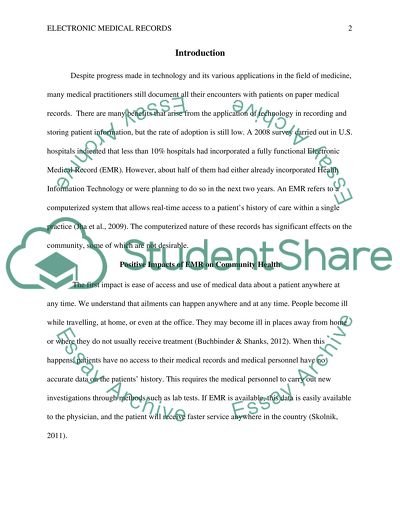Cite this document
(“Impact of Electronic Medical Records on Community Health Assignment”, n.d.)
Impact of Electronic Medical Records on Community Health Assignment. Retrieved from https://studentshare.org/health-sciences-medicine/1447350-m6-medical-records-paper
Impact of Electronic Medical Records on Community Health Assignment. Retrieved from https://studentshare.org/health-sciences-medicine/1447350-m6-medical-records-paper
(Impact of Electronic Medical Records on Community Health Assignment)
Impact of Electronic Medical Records on Community Health Assignment. https://studentshare.org/health-sciences-medicine/1447350-m6-medical-records-paper.
Impact of Electronic Medical Records on Community Health Assignment. https://studentshare.org/health-sciences-medicine/1447350-m6-medical-records-paper.
“Impact of Electronic Medical Records on Community Health Assignment”, n.d. https://studentshare.org/health-sciences-medicine/1447350-m6-medical-records-paper.


